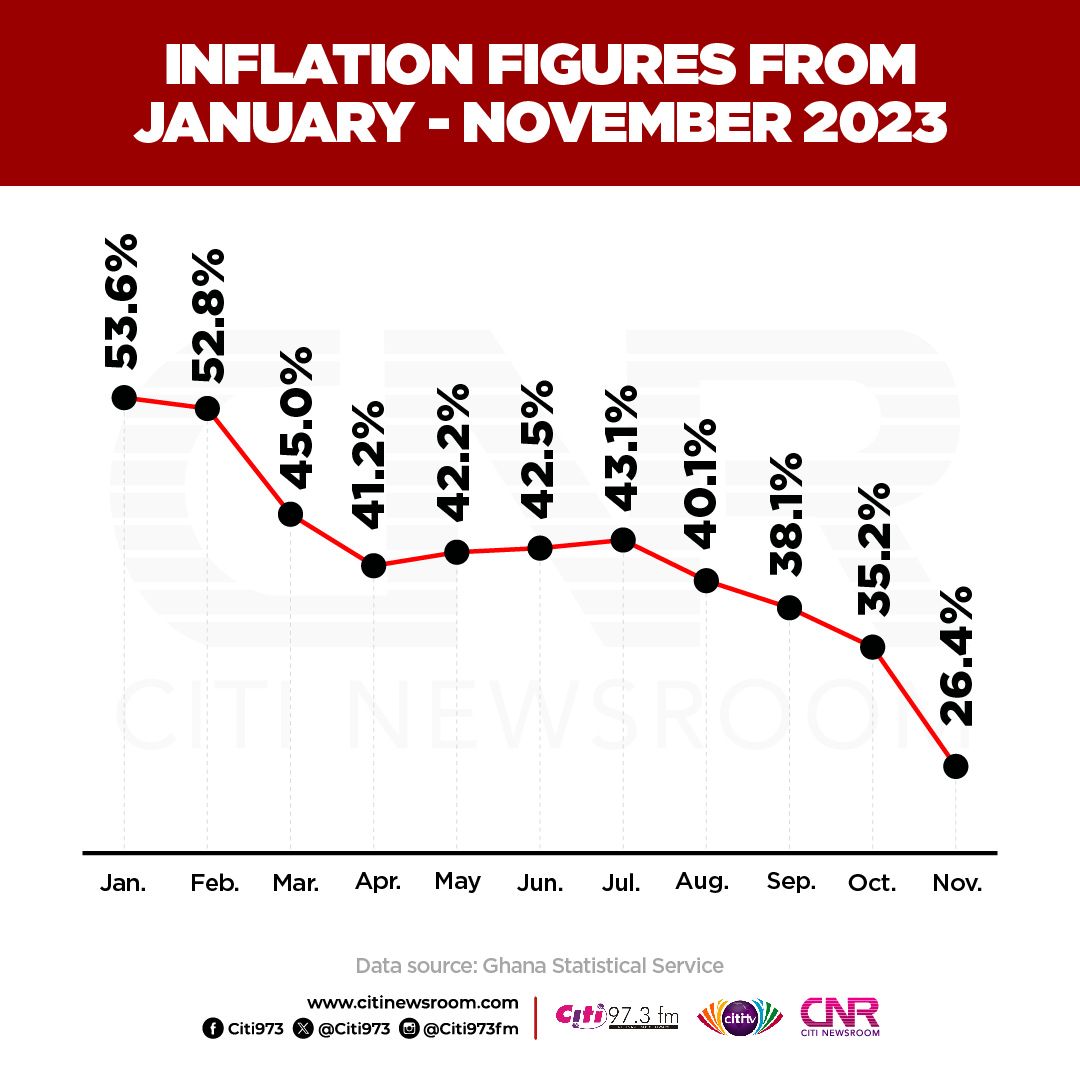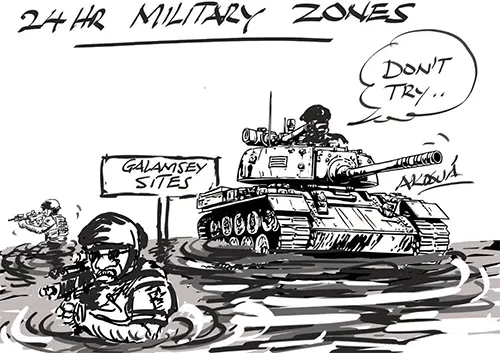
The term civilization has long been a central concept in history, sociology, and philosophy, yet its meaning is far from fixed: it depends heavily on perspective, culture, values, and what people privilege when they judge a society as “advanced.” Dictionaries like the Concise Oxford describe civilization simply as “an advanced stage or system of human social development,” while barbarism is its contrast—“absence of culture and civilization; extreme cruelty or brutality.” (Wikipedia)
But looking closer at how civilizations are studied reveals that most scholars define civilization by more than mere moral judgments—they look at measurable markers: literacy and writing systems, urbanization, political institutions, division of labor, technological innovation, social stratification, cultural expression, and infrastructure.
For example, historian Ian Morris in The Measure of Civilization develops a Social Development Index based on traits such as energy capture per capita, information technology, organization, and military capacity over long spans of history. (Wikipedia) Sociologist Norbert Elias, in The Civilizing Process, traces the gradual changes in manners, social norms, and self-regulation over centuries as core components of what makes a civilization. Moreover, quotes from thinkers help sharpen the picture: Alfred North Whitehead said that “Civilization advances by extending the number of important operations which we can perform without thinking of them.” And Gandhi observed that “Civilization, in the real sense of the term, consists not in the multiplication, but in the deliberate and voluntary reduction of wants.”
In short, while “civilization” as used in everyday speech often carries implicit judgments (who is “civilized,” who is not), a more rigorous understanding frames it in terms of systems: how societies organize themselves, how knowledge is produced and preserved, how individuals relate to institutions, and how cultures both reflect and shape identity and values.
Any meaningful discussion of civilization needs to engage both the concrete (infrastructure, institutions, culture) and the intangible (mindsets, values, dignity), and to keep vigilant about whose standards of civilization are being used—because that often reveals as much about power as it does about progress.
“An Advanced Stage or System”
The notion of being “advanced” often signals complexity: complex societies, institutions, arts, languages, and systems of governance. But this complexity is not always native or self-chosen—it is sometimes imposed. As the Concise Oxford Dictionary puts it, to be civilized is to be at “an advanced stage or system of human social development,” whereas barbarism is defined as “absence of culture and civilization; extreme cruelty or brutality.” These definitions may appear neutral, but history shows they have often been wielded as tools of power.
Scholars such as Cheikh Anta Diop in Civilization or Barbarism: An Authentic Anthropology argue that colonial powers used the standard of “civilization” to justify demeaning African traditions and replacing them with Western norms. Diop writes that this imposition not only altered material culture, but also undermined self-esteem and communal identity among colonized peoples. [Cheikh Anta Diop, Civilization or Barbarism]
Religiously, the idea of “civilizing missions” provides numerous examples of forced or coerced conversion under the guise of bringing salvation or enlightenment. For example, during the Safavid dynasty in the 16th–17th centuries, the government imposed Twelver Shi?ism as the state religion in Iran, suppressing Sunni Islam and other religious minorities—a campaign which fundamentally changed cultural and religious practices across large swaths of the population.
In the Indian context, anti-conversion laws and social pressure have repeatedly been documented in states such as Uttar Pradesh under the Prohibition of Unlawful Religious Conversion Ordinance, 2020, where coercion, force, or undue influence are legally forbidden but practically observed in many reports.
These phenomena are not isolated; they reflect how being “advanced” has often come to mean “aligned with the colonizer’s values”—language, religion, education, political structure—rather than rooted in local contexts.
Statistics on cultural retention are harder to quantify, but many studies show that colonial languages still dominate in former colonies, often relegating indigenous languages and knowledge systems to the margins. For example, UNESCO reports that of the approximately 6,000 to 7,000 languages spoken globally, nearly half are endangered, many in Africa and Asia, due in large part to historical policies of linguistic suppression and current global pressures. (UNESCO, Atlas of the World’s Languages in Danger)
In sum, “advancement,” when uncritically adopted, has often meant surrendering parts of identity, tradition, and agency. Recognizing this helps illuminate why many post-colonial and indigenous thinkers argue that true advancement should be redefined—not as conformity with a Western model, but as complexity that emerges from authenticity: institutions, beliefs, and knowledge systems which honor cultural roots even as they innovate.
In many instances, religion-led subjugation caused converts to adopt the names of their religious masters, leading gradually to loss of their own identity. A striking example is in colonial Africa, where many people accepted Christian or European names—“John,” “Mary,” “Smith,” etc.—in place of indigenous names. The renaming wasn’t simply cosmetic; it signaled a renunciation of place, lineage, and heritage. Religious institutions frequently asserted that they were introducing “civilization,” with European missionaries arguing that Western Christianity was a light dispelling darkness, and thus implying that local traditions, beliefs, dress, and governance were “primitive.” Scholars writing in The Impact of Christianity as an Ideological Instrument in the Way of Colonization, examining Chinua Achebe’s Arrow of God, show how missionaries’ rhetoric positioned indigenous religions as “barbaric,” while morally elevating Christianity as both enlightened and superior.
Often, political interests complemented religious influence. Colonial administrations set up legal systems, education, economic policies, and family governance models patterned after European models, whether in British, French, or Portuguese colonies. For instance, education systems in many former colonies prioritized colonial languages—English, French, Portuguese—over indigenous tongues.
The result: peoples came to despise their own simple systems, looking up to colonial masters for “development.” Even after political independence, many countries remain heavily dependent on foreign aid. According to data from the Mo Ibrahim Foundation, Africa’s share of Official Development Assistance (ODA) dropped from 37.6% in 2013 to 26.7% in 2023. Despite this decrease, aid still plays a large role in the economies of many African states, reinforcing dependency rather than fostering self-determination.
Economic development as promoted in many contexts thus becomes a farce—masked in statistics about GDP growth, investment inflows, or infrastructure projects, yet often neglecting whether people can freely think, speak, and act from their own identity.
This ideological, psychological, economic, and social colonization persists when external “models” continue to be deemed superior, when local knowledge is ignored, and when “modernity” is conflated with Western normativity. True development must involve reclamation of identity: empowerment that doesn’t require abandoning indigenous languages, governance styles, cultural values. As postcolonial theorist Sabelo Ndlovu-Gatsheni writes in Intellectual Imperialism and Decolonisation in African Studies, “To decolonise is not simply to reject colonial rules; it is to reframe, to reimagine, to be able to think beyond imposed horizons.”
True Economic Development
True economic development, stands in contrast to what many nations emulate under Western paradigms—it values simplicity, autonomy, and culturally-rooted well-being over perpetual complexity and growth. Western development models often emphasize accumulation, scaling, efficiency, and external symbols of progress—urbanization, mass production, industrialization—whereas simpler models emphasize sufficiency, sustainability, relational life, spiritual health, and ecological balance.
Economist E.F. Schumacher famously summed this up: “Small is beautiful—the idea that quality and human scale should matter more than sheer volume or grand gestures.” (Schumacher, Small Is Beautiful, 1973). Another recent study by the Simplicity Institute shows that economies with lower “overhead” in systems like regulation, bureaucracy, and supply chain complexity tend to retain greater resilience in the face of shocks; communities that invest in informal economies, local food systems and mutual aid tend to sustain their well-being better when crises hit.
One powerful anecdote (often attributed to Brefi Group) exemplifies how people sometimes chase complex models of success only to return to simple life. It tells of an American investment banker who, seeing a Mexican fisherman with modest success, proposes scaling up—building fleets, owning processors, going public—only for the fisherman to reply that his life, simple as it is, is already full: time with family, rest, joy, community.
Whether apocryphal or not, the story captures a truth echoed in development critiques: growth for growth’s sake often ends up circling back. William Easterly, in The Elusive Quest for Growth, critiques many aid- and GDP-focused programs by noting that “too many solutions devised in Washington have failed when applied to real lives.” Meanwhile, post-development theorists argue that ex colonial countries often remain dependent—not only on foreign capital, but on external definitions of what progress looks like.
The term “development” itself has become ideological. According to Postdevelopment Theory, this Western model serves to perpetuate dependency by defining “success” according to foreign rather than indigenous values. Following is the reproduction of the conversation between the American investment banker and a Mexican fisherman:
An American investment banker was at the pier of a small coastal Mexican village when a small boat with just one fisherman docked. Inside the small boat were several large yellow fin tuna. The American complimented the Mexican on the quality of his fish and asked how long it took to catch them.
The Mexican replied, ‘only a little while.’The American then asked why didn’t he stay out longer and catch more fish. The Mexican said he had enough to support his family’s immediate needs. The American then asked: “But what do you do with the rest of your time?” The Mexican fisherman said, “I sleep late, fish a little, play with my children, take siesta with my wife, Maria, stroll into the village each evening where I sip wine and play guitar with my amigos, I have a full and busy life.”
The American scoffed, ‘I am a Harvard MBA and could help you. You should spend more time fishing and with the proceeds, buy a bigger boat. With the proceeds from the bigger boat you could buy several boats, eventually you would have a fleet of fishing boats. Instead of selling your catch to a middleman you would sell directly to the processor, eventually opening your own cannery. You would control the product, processing and distribution. You would need to leave this small coastal fishing village and move to Mexico City, then LA and eventually NYC where you will run your expanding enterprise.’
The Mexican fisherman asked, ‘but, how long will this all take?’ To which the American replied, “15-20 years.” “But what then?” The American laughed and said that’s the best part. “When the time is right you would announce an IPO and sell your company stock to the public and become very rich, you would make millions.”
“Millions. Then what?” The American said, “Then you would retire. Move to a small coastal fishing village where you would sleep late, fish a little, play with your kids, take siesta with your wife, stroll to the village in the evenings where you could sip wine and play your guitar with your amigos”.
Doesn’t it say it all? We work so hard in order to have a comfortable retirement. Usually, we envisage this in a serene country house with a backyard garden where we can grow a few crops, rear some chickens and goats, appreciate nature and if there’s a river or lake nearby go fishing every now and then. If there’s a horse to ride that adds more colour —simple life.
We imagine how delightful it will be to have neighbours who genuinely care; and that care is based on shared spiritual and societal values that are based on sound principles and not hollow social statuses.
We can find and promote that life even today! But we are misled to go beating about the bush. After much strife, envy and jealousy for one another in contest for material gain, thus destroying neighbourly relationships; or after killing ourselves for the capital owner or shareholder; and after ruining greedily nature’s gift to us for wealth, we only retire to take care of ailments that could have been prevented and live lonely lives in a vice-filled society. And much of our money thus goes to pay for hospital bills till we go to our graves.
The post The Business Strategy Analyst with Jules Nartey-Tokoli: Western economic development hegemony: A mirage of progress (I) appeared first on The Business & Financial Times.
Read Full Story










Facebook
Twitter
Pinterest
Instagram
Google+
YouTube
LinkedIn
RSS